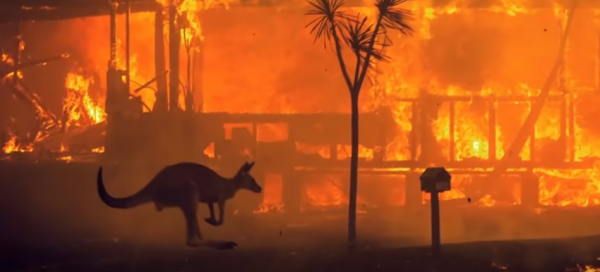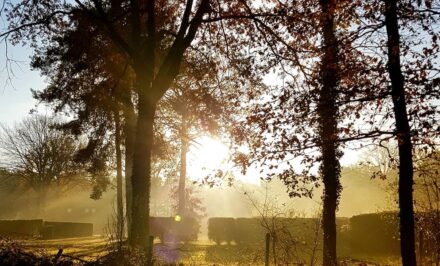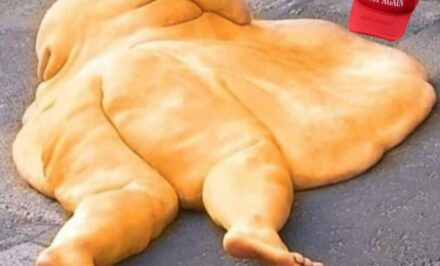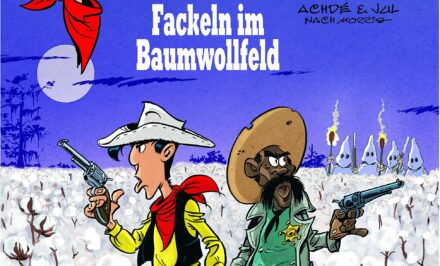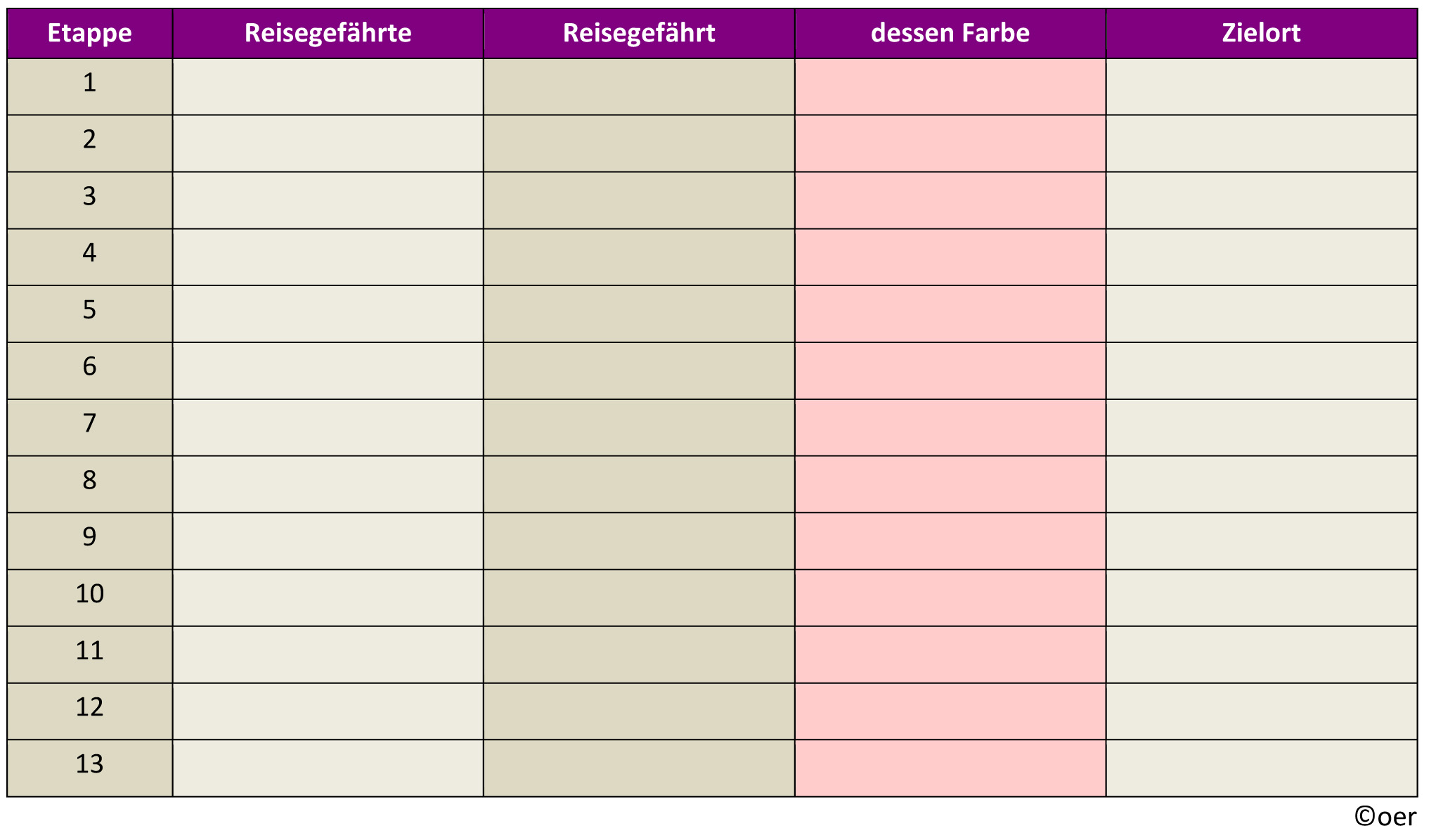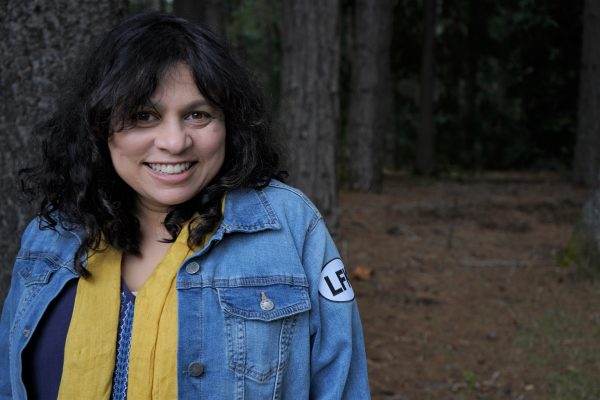
„We need to rebuild more than fire-impacted houses“
Writer Sulari Gentill nearly lost her house to the bushfires, had already been forced to give it up. Her husband and son are firefighters themselves, they were out defending their doomed community. – So, this is a very close encounter with Australia’s wildfire. Sulari was ready to share her thoughts with German readers, even as she is not yet translated in Germany. Her website here.
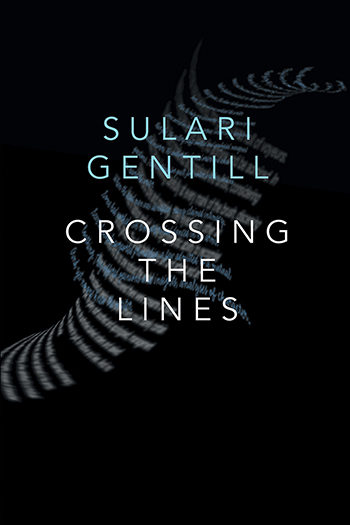
After setting out to study astrophysics, graduating in law and then abandoning her legal career to write books, Sulari used to grow French black truffles on her farm in the foothills of the Snowy Mountains of NSW.
She is author of the award-winning Rowland Sinclair Mysteries, a series of historical crime fiction novels set in the 1930s about Rowland Sinclair, a gentleman artist-cum-amateur-detective. Her novel Crossing the Lines won the 2018 Ned Kelly Award for Best Crime Fiction.
Alf Mayer: Would you have thought when you moved in that anything like this could ever happen?
Sulari Gentill: My husband, Michael, and I moved here about twenty years ago when we were newly married. Batlow is a little town in the mountains, and back then, was covered with snow in the winter, and mild in the summer. The traditional lands of the Wiradjuri and Wongalu people, it had become orcharding and forestry country, known for apples and the beauty of its natural landscape. I recall that even in the summer, it didn’t get hot enough to ripen the tomatoes in my vegetable patch and so I learned to make green tomato relish. We purchased a small farm adjacent to the pine plantations. We were told that that, in itself, would protect us from fire—the pine was valuable and so money was invested to protect it. Fire trails were maintained, weeds were controlled and fire trucks and heavy plant deployed at the slightest hint of smoke. Forestry maintained its own fire-fighting capability and protected its neighbours as a form of self-protection. Of course, fire rarely occurred to us then. Batlow seemed protected both by its natural climate as well as its industry. Over the last 20 years much has changed. The State Forests have become privatised or under-resourced and neglected and the climate has been steadily heating. Snow is rare now and the summers are hot and prolonged leading to the bush becoming tinder dry. The pine forests are choked with blackberry and fire-trails impassable. We have gone from being confident that the threat of fire was negligible to fighting for our lives and homes.
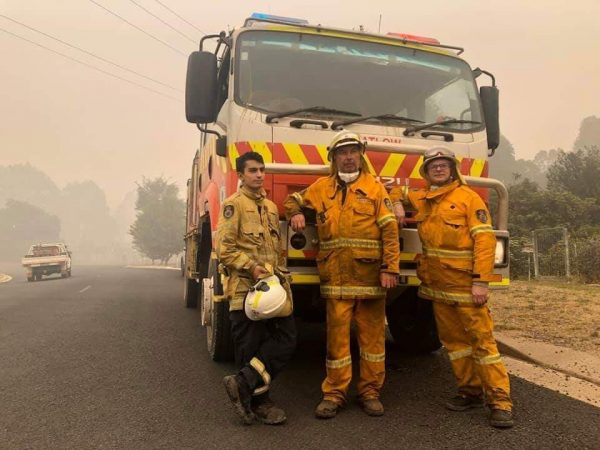
What is it when a writer loses a house?
I look at the world through story. It is natural for me to regard events in terms of narrative constructs, to anthropomorphise, to search for themes and meaning in apparently unrelated events. In the face of losing everything this has both its benefits and its problems.
The fire that threatened to consume Batlow was a new kind of monster, so massive it was creating its own weather systems and traveling around containment lines like a sentient being. As it burned towards us it truly felt as if were being stalked, as if it had intent and malice. It occurred to me that perhaps nature was fighting back, that she’d had enough and was protecting herself against humankind with a fire that we could not survive. Or perhaps the old gods were punishing us for our hubris, our senseless destructive worship of economic progress at the expense of all else.
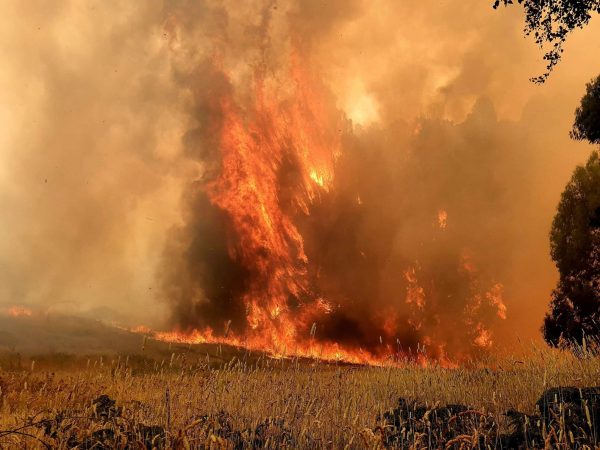
But tragedy is not the only kind of story. I told myself that even if the worst happened it need not be the entire story. That if I were writing this, the story would not be in the adversity or the destruction, but in how those involved faced it, dealt with it, learned from it. For me that helped. Even on the day I walked around my house for one final time, trying to take in and hold in my heart everything I saw, to secure memories which were anchored to walls and furniture, paintings and toys, I told myself this is not the end of the story, this is just a chapter, a turning point—nothing more.
My husband and my eighteen-year-old son are members of the RFS – Australia’s volunteer fire server. They were on the fire front in trucks that were melting, facing flames that were sixty metres high. A school principal and an apprentice electrician, beside their comrades in the Batlow Brigade—farmers, retirees, mechanics and beekeepers, all defending a town that was told it was undefendable, that was told it would burn to the ground.
And so I guess that as much as it broke my heart to abandon my house, to farewell the ancient trees that surrounded it, I always knew it was a sub-story in a much bigger narrative. We left almost everything aside from the dogs and few changes of clothes. Furniture, jewellery, paintings, documents, photographs, it was too late to take any of it—there wasn’t room, there wasn’t time. I hesitated by the bookshelf containing the first editions of my own books. I could have taken one, but for some reason I wanted them to stay with the house… whether a protective charm or a final offering, I wasn’t sure. And it seemed easier to leave it all than to choose.
The fire came into Batlow from the forest behind our house. The Batlow Brigade defended the undefendable but there seemed no hope for the properties on our road. For three days we believed our home was gone, but somehow, though everything else—the barns, the garages, the garden and even the boys’ old cubby house—had been destroyed, the house remained standing in the ashes. Tragedy had been given a twist, a fairy-tale ending.
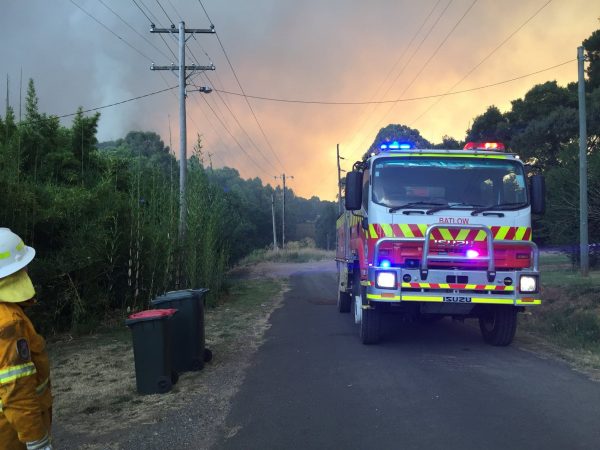
Politically, what do you think of this?
I’m angry. Australians are no more negligent than the rest of the world but somehow we have elected a government that is so beholden to vested interests that it is willing to trade the future for political power, a government that hides behind the courage of volunteers and the goodwill of people who come to the aid of victims to disguise its utter failure with respect to climate action, cowardly leaders who choose to be sceptical of science. I don’t expect that even these fires will change their minds, but I do hope it will energise the voting public into action. We need to rebuild more than fire-impacted houses.
Will there be an effect on Australian literature?
There has been a tradition in Australian literature to regard the landscape as threatening and ominous. I suppose the bushfires themselves will feed into that. But I hope post-fire we will also come to see the country not so much as malicious, but wounded; an animal in pain, injured by our neglect and exploitation. Perhaps Australian literature will begin to reflect the wisdom of our first peoples: You take care of country and it will take care of you. If for no other reason, than because a wounded creature is a dangerous thing.
